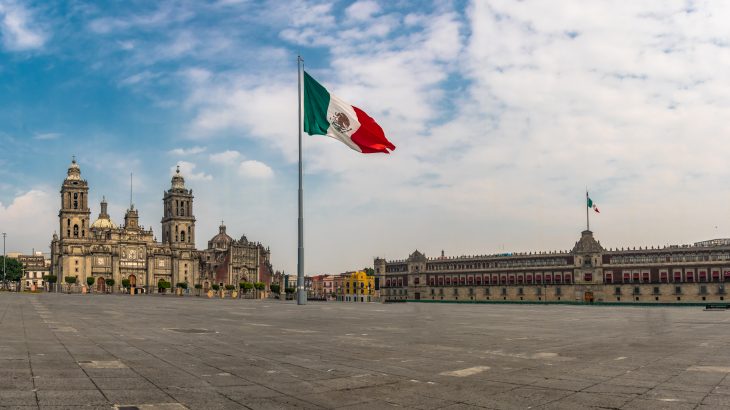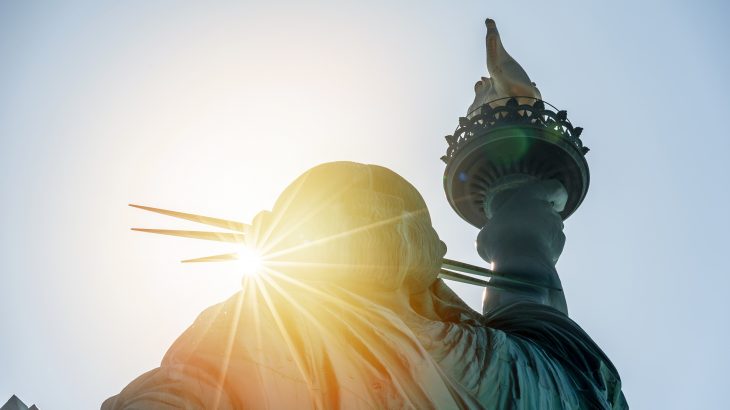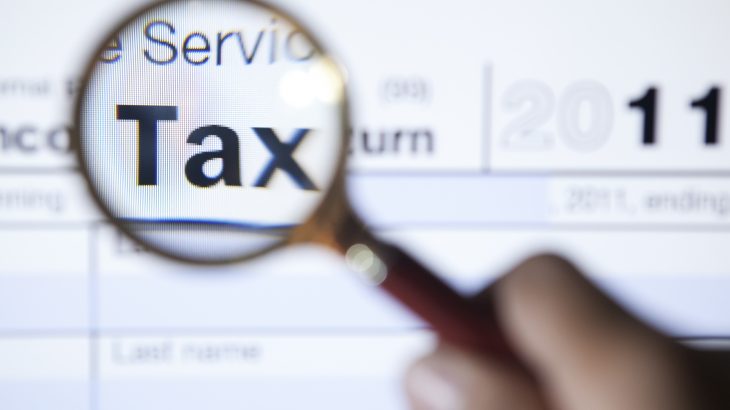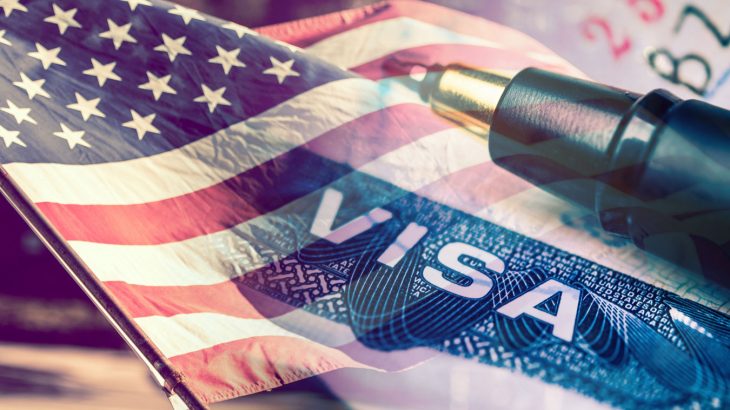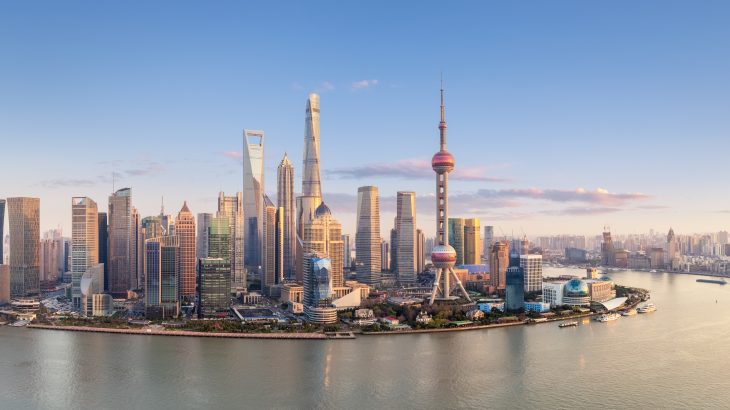By Maxine Philavong
The U.S. Department of State has recently implement major changes to the reciprocity schedule for Mexican nationals. Following the latest Department of State periodic review and update of visa reciprocity in pursuant of a January 2018 Executive Order, Mexican nationals will now benefit from increased visa validity periods in the E-1 Treaty Trader and USA E2 Visa categories. According to the latest Department of State reciprocity schedule, E-1 and E-2 visas for Mexican nationals can be granted with a validity period of up to four years (48 months).
Up until this change in validity, those who held E-1 Trader and E-2 Investor visas and employees would have only been approved for up to 12 months or one year.
Previously, this meant those who held these visa types could travel freely in the United States without visa renewal for up to one year. Now with the new update, they may travel freely without renewal for up to 48 months or four years.
This extension period comes with many advantages for E-1 and E-2 visa holders. Business owners and key staff members will benefit from visa validity, allowing them to benefit from uninterrupted stays in the U.S.
Moreover, for E-2 visas, holders continue to benefit from indefinite renewal as long as the visa application and the underlying business meets all E2 visa requirements.
Due to circumstances surrounding the COVID-19 pandemic, international travel and temporary closure of U.S. consular posts worldwide, the extended visa validity periods bring great value. Business owners who depend on key personnel with E-1 and E-2 visas can now plan cross-border business travel without worrying about delays or impact on business operations because of visa related renewal wait periods.
Most importantly, the extended visa validity period brings great value to business owners and key personnel looking to pursue business growth and new opportunities, benefiting from a four-year period instead of the pervious one.
Newer businesses may benefit from the extension as they are afforded the opportunity to achieve growth and development outside of the one-year period. Due to the COVID-19 pandemic and other outside factors, newer businesses may have had a difficult time reaching their targeted growth during the one-year period. With the visa validity extension, newer businesses are given an extended cushion of time.
This extended benefit is consistent with the visa validity of most E-1 and E-2 countries whose citizens are issued visas for up to 60 months, The validity of visa stamps is not determinative of the admission period in the U.S., with E-1 and E-2 visa holders admitted for a period of two years upon each entry within visa validity; and with H-1B and L-1 visa holders being admitted for the period of validity of their USCIS approval notice (or Form I-129S in the case of blanket L visa holders).
Alongside E-1 and E-2 visa validity being extended, H1B and L1 category visa durations have also been increased. L-1 category visas, reserved for Intracompany Executives, Managers or Specialized Knowledge personnel, can be issued to Mexican nationals for up to 48 months or four years, increasing from 12 months or one year.
However, processing fees have risen sharply from $57 to $311. Meanwhile, the validity period for H1B visas issued to Mexican nationals has increased from 12 months to three years. Processing fees for H1B visas have also significantly increased, rising from $57 to $252.
Processing fees for E-1 and E-2 visas have also increased substantially, rising from $46 to $296.
The increase in H1B and L1 visa validity will ensure that current holders of these visas will benefit from having a visa that authorizes a return to the US for an extended and uninterrupted period of time.
Mexican nationals deeply benefit from these extensions has E-2 visas are not affected by the Trump work visa ban implemented in June, proving especially useful.
This article is published for clients, friends and other interested visitors for information purposes only. The contents of the article do not constitute legal advice and do not necessarily reflect the opinions of Davies & Associates or any of its attorneys, staff or clients. External links are not an endorsement of the content.

























